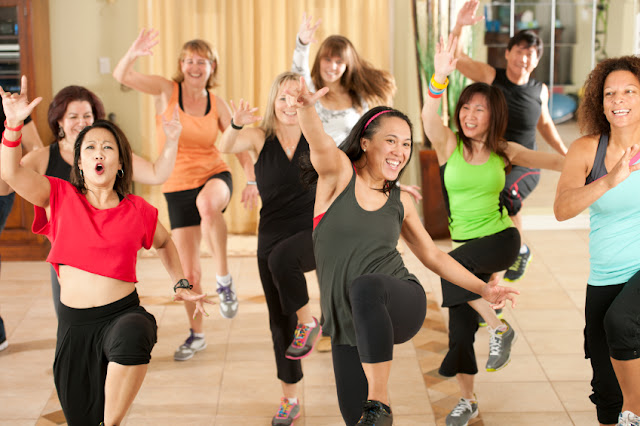Dance that fat away! Dance to stay fit!
Planning to lose all those extra calories but hate to slog it out in a gym?
And even walking is not your cup of tea? Well, then dance yourself to a healthy body. Dance also has many advantages over exercise. You can set your own pace, a slow foxtrot is no more energetic than walking, while a salsa will really get your heart pumping. It’s great fun too. Dancing...
Protects your heart
Cardiovascular experts recommend that we all do 30 minutes of moderate aerobic activity for heart health. Dance uses oxygen, burns calories and increases your heart’s workload, so it's ideal.Lowers blood fats
A study of men and women aged 60 to 82, who were healthy but didn’t exercise, found out that regular dancing reduces levels of unhealthy blood fats associated with furring of the arteries after just five months.Helps you lose weight
US research shows that a vigorous dance class can burn as many calories as a gym workout. Calories danced away per hourBallroom: 180-480
Belly dancing: 180-300
Jive/swing dance: 250-400 Salsa: 400








Post a Comment